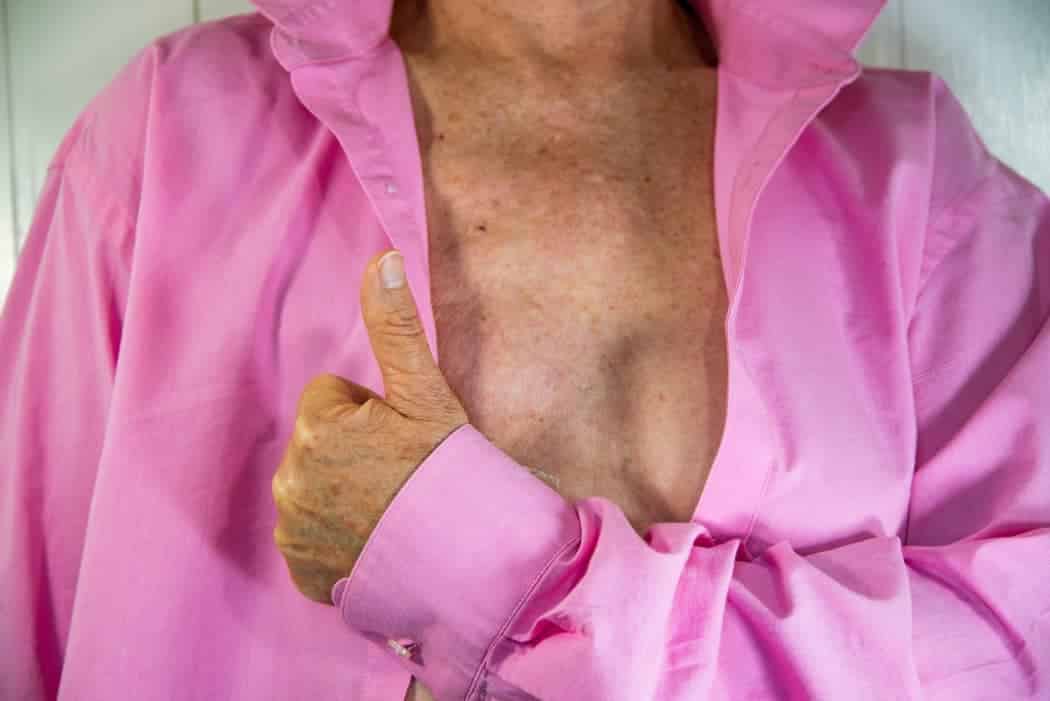While you won't learn everything, you must know about the “Big Four' cancers in this article; we'll briefly introduce them as we take points from the following excerpt in “The Authorities” by Melanie R. Palomares, M.D., M.S. “The Greatest Weapon Against Cancer is Knowledge”
The featured author: “Dr. Mel,” has been medically trained in Internal Medicine, Hematology-Oncology, Epidemiology, and Cancer Genetics.

Professionally she is the co-founder of the City of Hope Risk Breast Clinic and Physician Founder of Cancer Prevention, Inc., making her an authority in primary cancer prevention and screening.
With a personal health crisis, Dr. Mel, after having curative surgery for a pre-melanoma, she's made it her mission to help people be proactive and reduce their cancer risk.

Risks
With two general risk factor classifications: Genetic and Environmental, each form of cancer has a variable of factors you should know.
Genetic Risks
You can't avoid genetic risk factors; you were born with genes that could cause cancer.
Environmental Risks
Where you live geographically can affect your risks due to the climate, the air, water quality, and the food you eat.
Breast & Gynecological Cancers
The most important thing to know is that breast cancer and other gynecological cancers are due to the estrogen hormone. It occurs mainly in maturity when the peak of the hormone activity. And it doesn't only affect women.
Female hormones and post-maturity are also the leading causes of ovarian and uterine cancers. However, cervical cancer primarily affects younger women.
Just because you have a history of breast cancer in your family doesn't necessarily mean you will develop it. Regular mammograms for screening have been the standard since the 1980s, so it's detected early.

Colorectal Cancers
Chronic inflammation can lead to cancer in your colon and rectum and causes illnesses like chronic inflammatory bowel diseases (IBD) and dysplasia, abnormal and affected cells in the colon.
Your family history can affect your risk factor, as you can inherit conditions associated with genetic cancers. You can find more info here.
Your diet has an effect; studies from The American Institute for Cancer Risk (AICR) show colon cancers are preventable through diet, staying healthy, and being physically active.
Lung Cancer

Tobacco use
The most common cause of cancer death is lung cancer. Tobacco use and second-hand smoke exposure by it is more lethal than the vapor that the smoker takes in. So if you live or work with or around tobacco smokers, you are at a higher risk of lung cancer.
Tobacco products have 7,000 chemicals and 70 known to cause cancer, are excreted by the body and cause kidney and bladder cancer.
Radon Poisoning
Another rising cause of lung cancer is radon. Many older rural and suburban homes have built up radon from naturally decaying uranium in soil with 21,000 lung cancers.

Asbestos
Asbestos exposure usually happens by working around it and breathing in its fibers, and it has been linked to the cancer mesothelioma. There are laws to stop the use of asbestos in housing, but many older homes before 1980 may have them.

Prostate Cancer
The androgen or male hormone is responsible for this cancer and is one of the most common cancers affecting American men.
Age
Age also plays a role; most reported cases are of men 65 years and older. Your family history can hint at your risk; your risk is elevated if you're closely related to a prostate patient.

Race
African American men have a 61% greater chance of getting prostate cancer than white American men, and when diagnosed, it's more likely to be advanced. Screening should be at age 50; lifestyle choices like high-fat diets, smoking, and less sun exposure can increase your risks.
Cancer Screening
Many methods are available, including at-home tests, blood tests, special x-rays like mammograms, or procedures like a colonoscopy that can provide early cancer detection.
Getting screened by a doctor who thoroughly understands the risk factors is essential. False positives are common and cause stress and anxiety, which leads to overtreatment and overdiagnosis.

Lifestyle Changes
Your diet choices can help you prevent cancer or develop it again.
Eating plant-based foods, including fruits, veggies, nuts, and whole grains, add fiber that cleans your system of the cancer-causing agents which prevent cancer.
You don't have to avoid all meat and dairy, but you should limit consuming them, mainly processed meats like hotdogs or lunchmeats. Some are healthier than others, like fish and poultry. Americans are known to include more meat in their diets.

Physical Activity
Keeping active, walking, and exercising can lower your cancer risk, help you maintain a healthy weight, and regulate your hormones.
Stress
You may not think about stress affecting you, but the hormone cortisol is released, which leads to obesity and facilitates cancer growth and spread. Chronic stress promotes inflammation which feeds cancer.

Medications
Dr. Mel discusses medications in her book that we won't touch on in this article.
Surgery
While this is a big decision, it may become necessary to avoid metastasis or spread. One of the most common is the bi-lateral mastectomy or removal of one or both breasts, which may reduce the risk but won't eliminate them. The result could be scars, infection, and blood clots.
Removal of the fallopian tubes and ovaries can help treat ovarian cancer.

Conclusion:
I enjoyed reading The Authorities, as the book lives up to its name, packed with knowledge from 8 authorities who provide up-to-date information on topics like cancer, mindfulness, happiness, relationships, healing, the vegan lifestyle, and even retirement planning.
References:
- Cancer Prevention Movement
- Breast Cancer
- Health Risk of Radon
- Smoking and Bladder Cancer
- Health Risks of Secondhand Smoke
- Asbestos and Cancer Risk
- Prostate Cancer Risk Factors
- Be Physically Active
- Effects of psycho-behavioral interventions on immune functioning in cancer patients: a systematic review.
- Impact of stress on cancer metastasis
- Mastectomy


